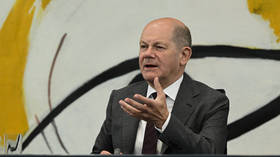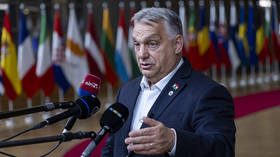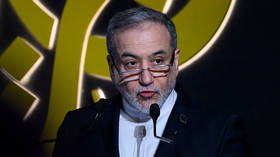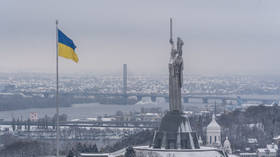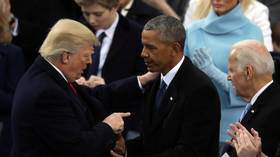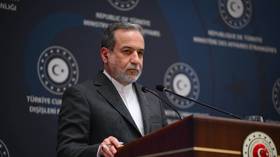Germany’s ruling coalition suffers major election losses
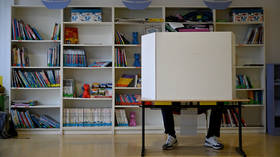
The ruling Social Democrats (SPD) lost elections in the German states of Hesse and Bavaria on Sunday, as Chancellor Olaf Scholz remains dogged by low approval ratings. His coalition partners – the Free Democratic Party (FDP) and The Greens – also endured poor results.
In Hesse, all three parties in Scholz's national coalition have taken a hit, with the Greens and SPD at around 15%, and the FDP in danger of falling below the 5% threshold to stay in parliament.
The region – the country’s financial hub – has seen as swing towards former chancellor Angela Merkel’s Christian Democratic Union (CDU), which is projected to win 34.6% of the votes, according to a forecast by state broadcaster ARD.
The CDU’s sister party, the Christian Social Union (CSU), which has governed Bavaria since the 1950s, is projected to receive 36.6% of the votes (37.2% in 2018), while the Social Democrats are expected to get only 8.1% (9.7% in 2018). Bavaria, Germany’s second-largest state in terms of population, has a large economy and is home to many industrial companies.
SPD co-leader Lars Klingbeil acknowledged that the results were “two defeats” for his party. “There were many crises in recent years that have contributed to the situation being the way it is,” he added.
Meanwhile, the right-wing Alternative for Germany (AfD) party came second in Hesse and Bavaria with 18.5% and 15.7%, respectively. This represented an improvement of more than five points on its results in the last election in both states. The party is known for advocating tighter restrictions on immigration. It has also been critical of Germany’s ties to NATO and Berlin’s decision to supply weapons to Ukraine.
Scholz’s cabinet has been under pressure over high inflation and energy price hikes, as well as policies aimed at transitioning towards a green economy. The chancellor was heckled and booed at several campaign events, and was called a “warmonger” at one by angry attendees.
The government’s approval rating is at its lowest level since Scholz took office in December 2021, according to the ARD DeutschlandTrend poll, which showed that four out of five Germans were unhappy with his performance.
